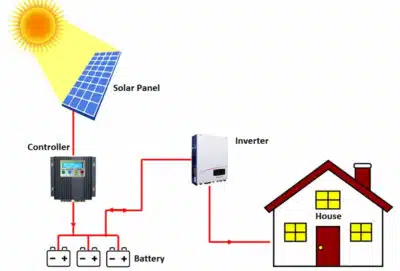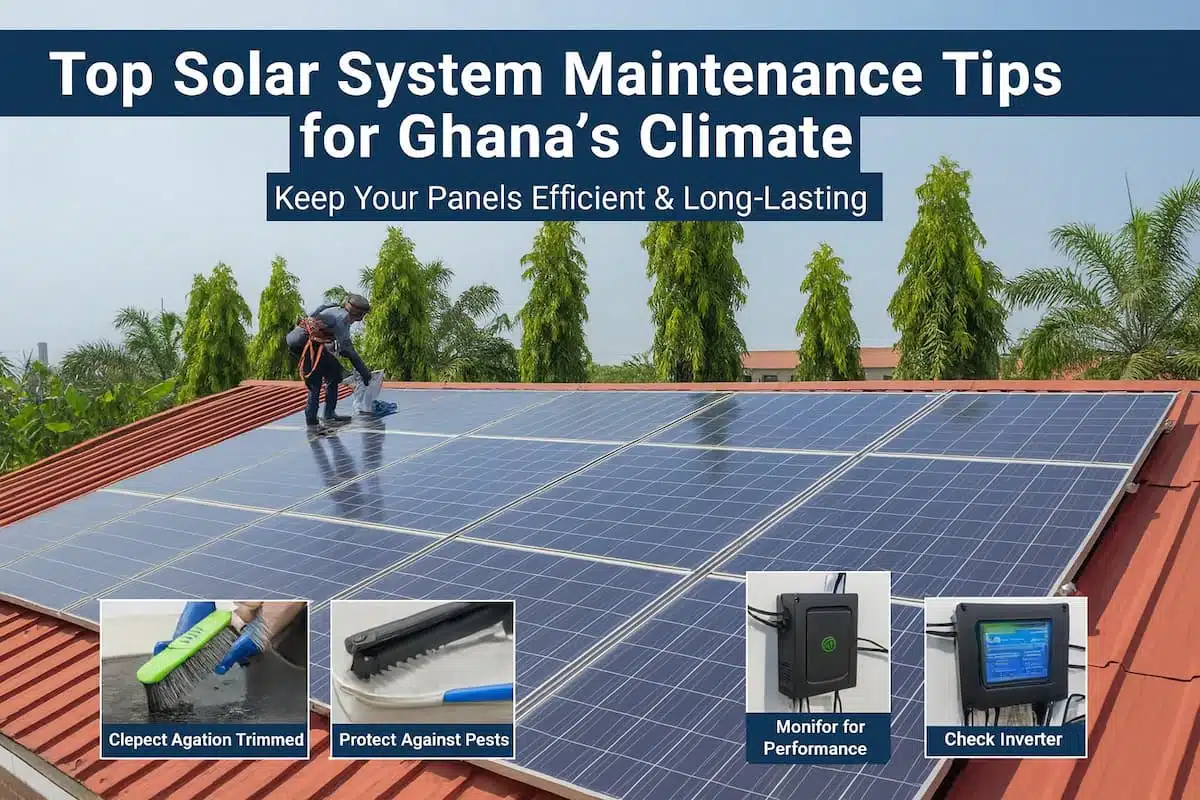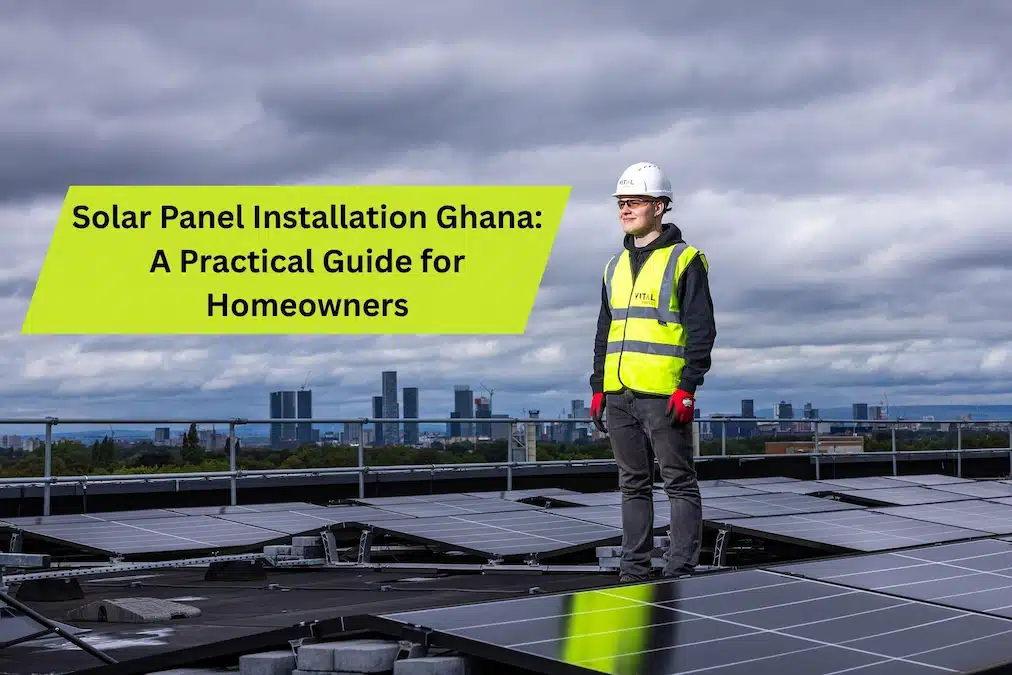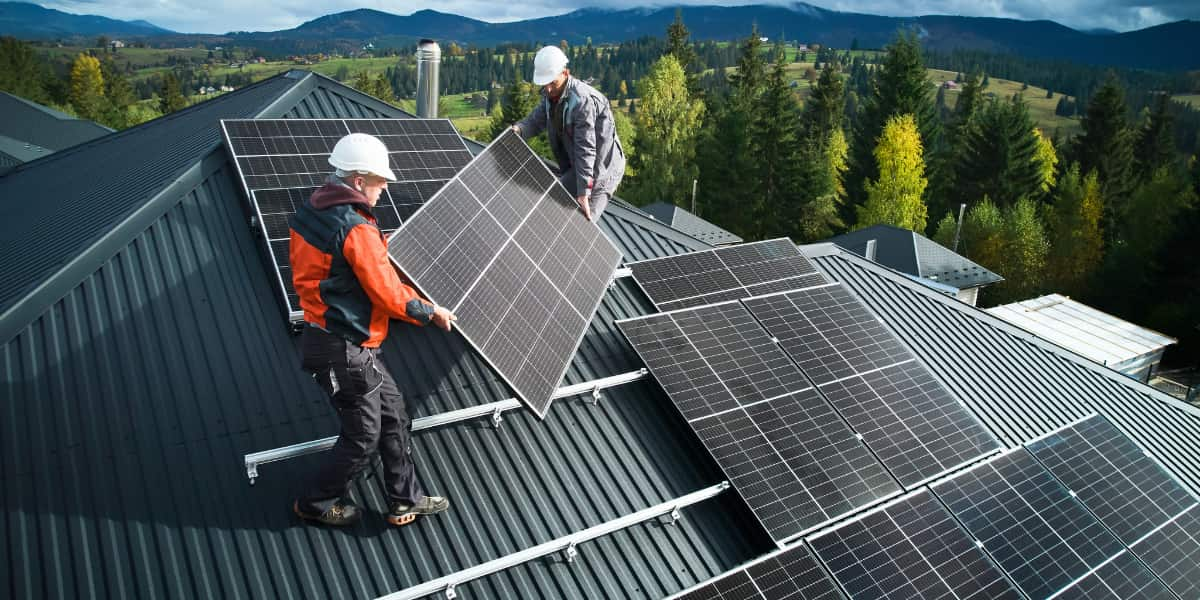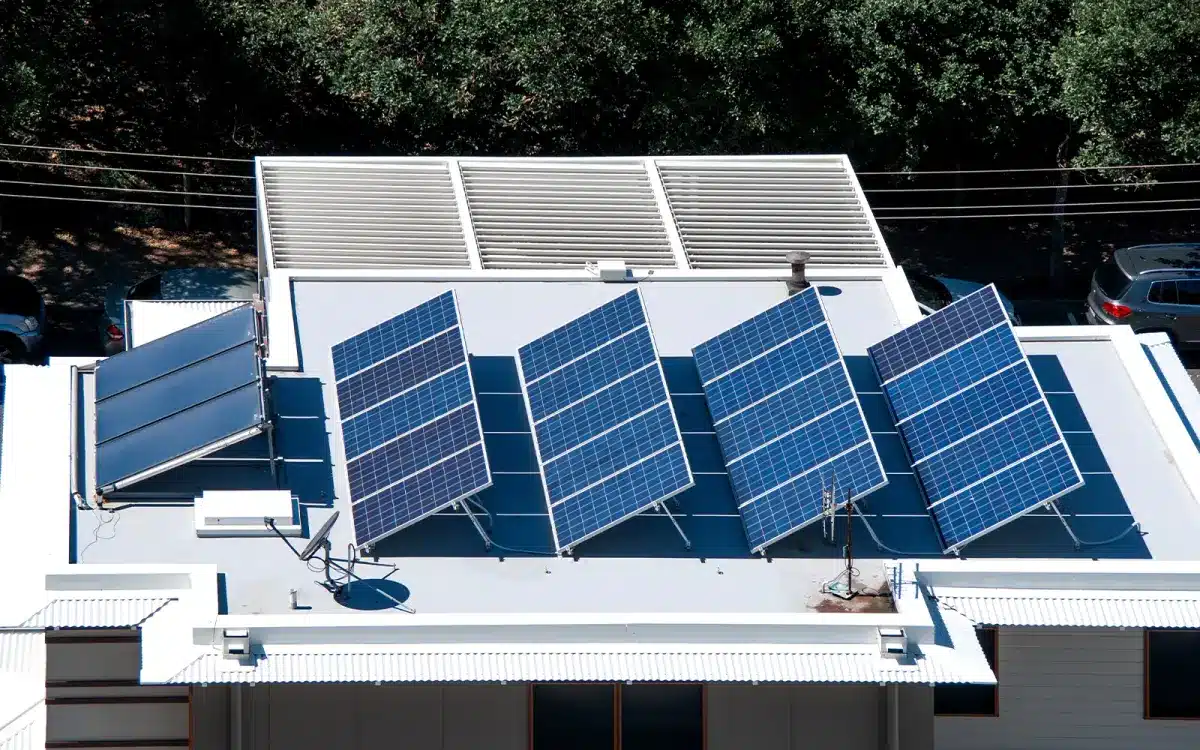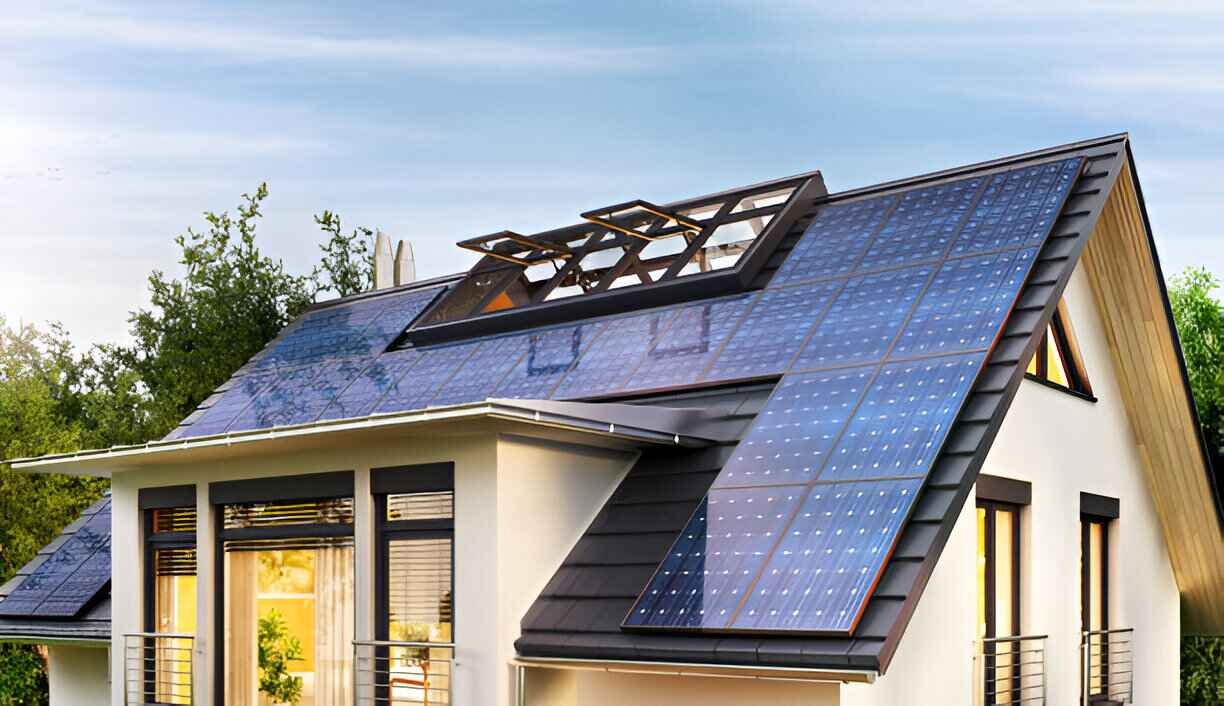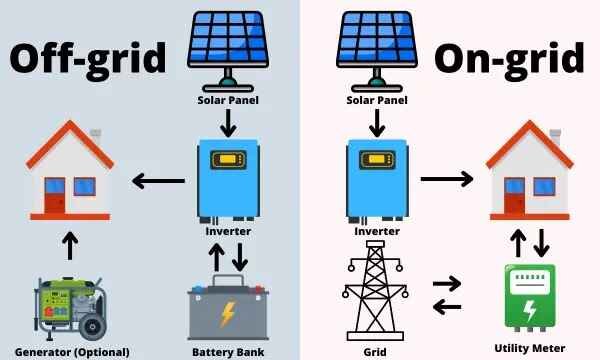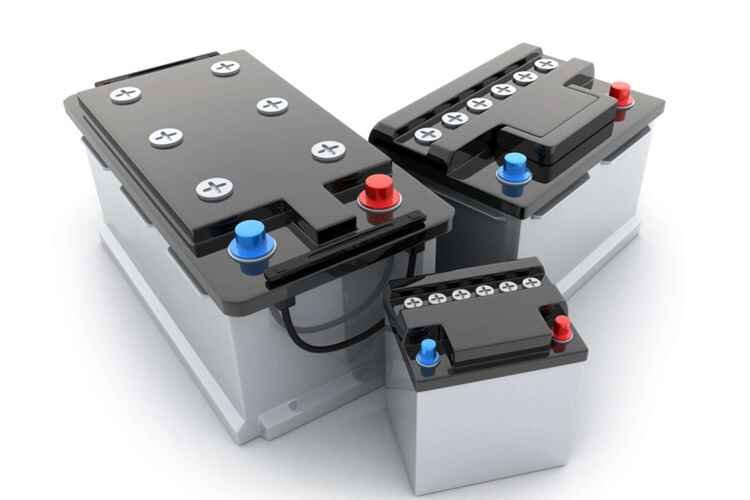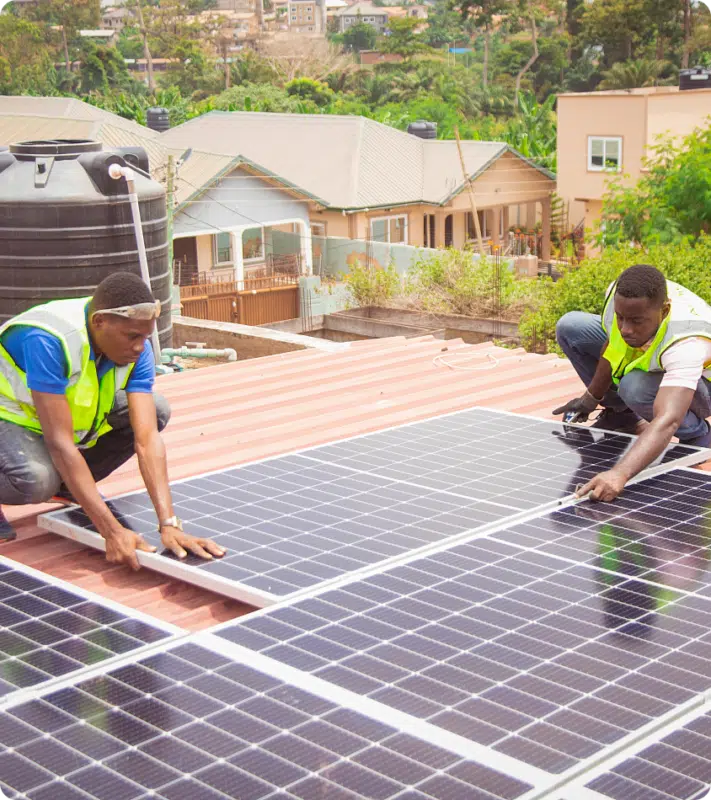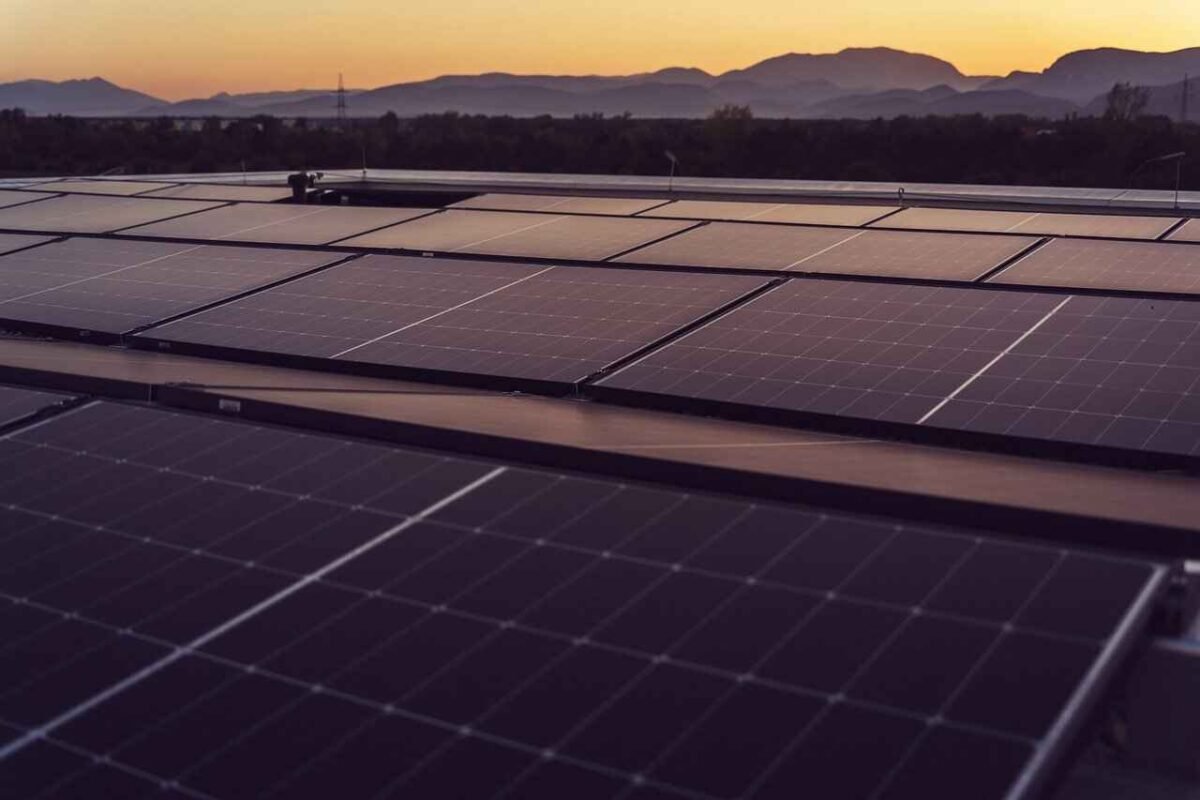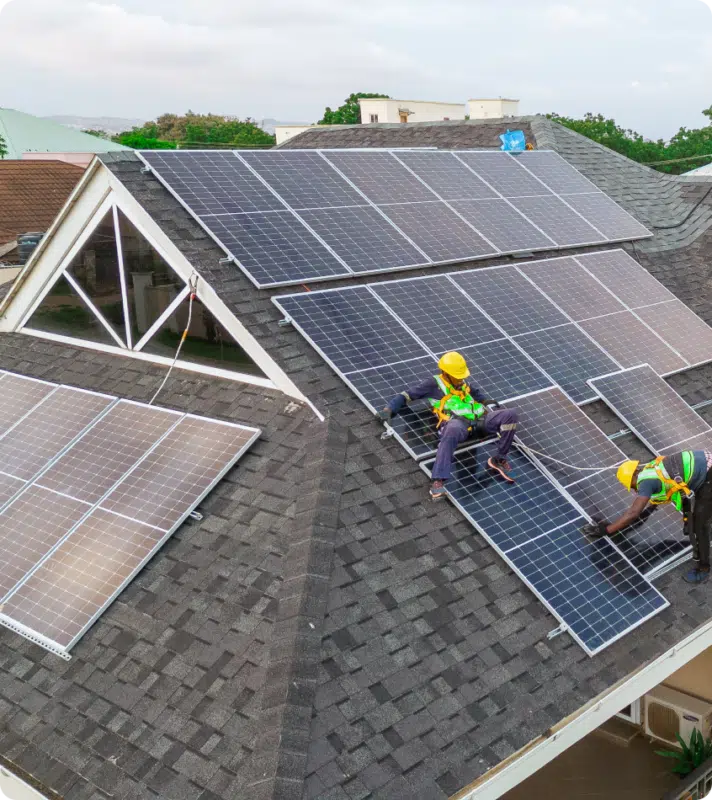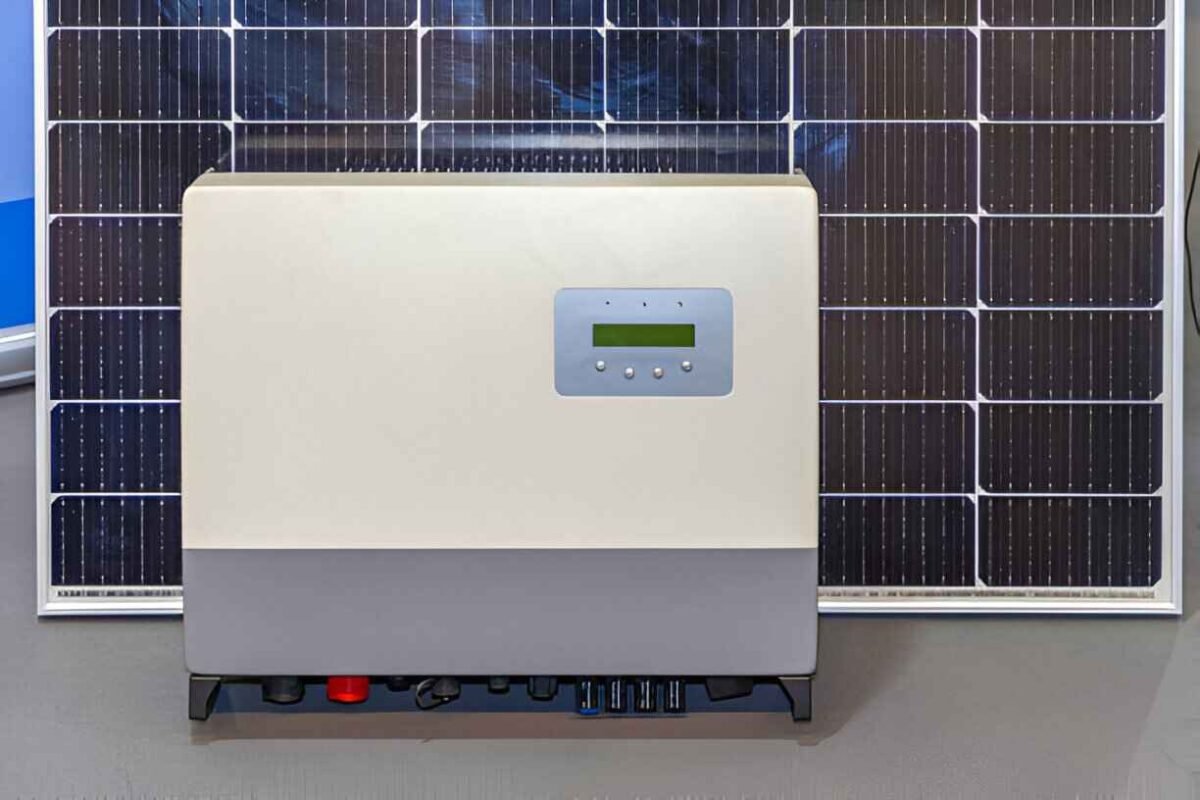Blogs
Off-Grid vs On-Grid Solar: Which Is Best for Your Ghana Home?
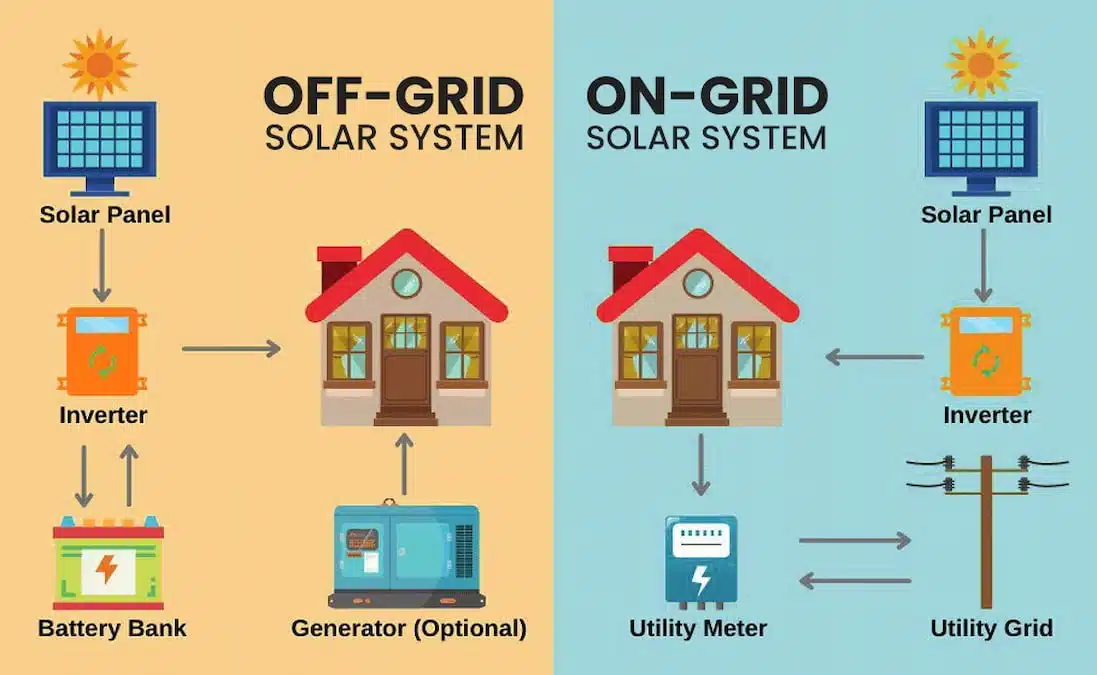
Off-Grid vs On-Grid Solar: As Ghana continues to embrace renewable energy, more homeowners are turning to solar power to reduce electricity costs and achieve energy independence. However, one common question arises: Should you choose an off-grid or on-grid solar system?
Each option has its advantages and trade-offs, depending on your energy goals, location, and budget. This article breaks down both systems, their costs, benefits, and which one may be best suited for your Ghanaian home.
Understanding Solar Power Systems in Ghana
Solar systems convert sunlight into electricity using photovoltaic (PV) panels. The energy generated can either be stored in batteries (off-grid systems) or connected directly to the national grid (on-grid systems).
With Ghana’s abundant sunshine — averaging 4.5 to 6 hours of peak sunlight per day — solar energy provides a reliable and sustainable solution for homes struggling with high electricity bills or inconsistent power supply.
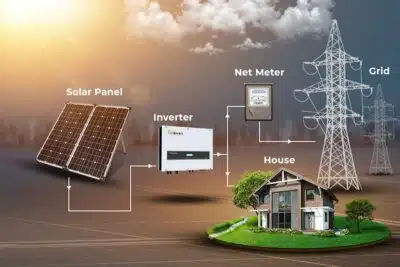
What Is an On-Grid Solar System?
An on-grid (grid-tied) solar system is connected to the Electricity Company of Ghana (ECG) grid. It allows you to generate your own power while still being connected to the national electricity network.
When your solar panels produce more electricity than you use, the excess energy can be sent back to the grid, potentially earning you credits through Ghana’s Net Metering Scheme (available in select regions). During the night or cloudy days, your home draws power from the grid as usual.
Key Features of On-Grid Systems
-
Connected directly to the national grid
-
No batteries required (lower upfront cost)
-
Uses net metering to offset electricity bills
-
Shuts down during power outages for safety
Advantages of On-Grid Systems
-
Cost-Effective Setup:
On-grid systems are cheaper to install since they don’t require battery storage, which is one of the most expensive components of a solar system. -
Reduced Electricity Bills:
You can significantly lower your monthly electricity bills by generating your own power. With net metering, any excess power you produce can offset future bills. -
Low Maintenance:
Fewer components mean lower maintenance costs and less complexity compared to off-grid systems. -
Environmentally Friendly:
Reduces dependence on fossil fuels, helping Ghana meet its renewable energy targets.
Disadvantages
-
Dependent on Grid Stability:
During power outages, your system automatically shuts down to prevent back-feeding electricity into the grid. This means you won’t have power unless you add battery backup. -
Limited by Location:
On-grid systems work best in urban and semi-urban areas where grid access is reliable.
What Is an Off-Grid Solar System?
An off-grid solar system operates independently of the national grid. It stores excess energy in batteries, allowing you to use electricity even at night or during power cuts. This makes it ideal for homes in rural or remote areas with little or no access to the ECG grid.
Key Features of Off-Grid Systems
-
Completely independent of the national grid
-
Requires batteries for energy storage
-
Provides 24/7 electricity even during outages
Advantages of Off-Grid Systems
-
Energy Independence:
Off-grid systems give you total control over your power. You’re not affected by ECG’s outages, load shedding, or tariff increases. -
Perfect for Remote Areas:
Many rural communities in Ghana experience unreliable or nonexistent grid access. Off-grid systems provide a sustainable solution for such locations. -
Reliable Backup:
With proper battery storage, you’ll have a consistent power supply even during long blackouts or cloudy days. -
Long-Term Savings:
Though the initial cost is higher, you’ll eventually save money by avoiding monthly electricity bills.
Disadvantages
-
High Upfront Cost:
Batteries and charge controllers make off-grid systems more expensive than grid-tied ones. -
Battery Maintenance:
Batteries degrade over time and typically need replacement every 5–10 years. -
System Sizing Challenges:
You must install a system large enough to meet your household’s energy needs, including nighttime consumption.
Cost Comparison: Off-Grid vs On-Grid in Ghana
The cost of a solar system in Ghana varies depending on the system size, components, and location. Here’s a general estimate:
| System Type | Typical Capacity | Estimated Cost (GHS) | Best For |
|---|---|---|---|
| On-Grid Solar System | 3kW – 10kW | 20,000 – 40,000 | Urban homes with a reliable grid |
| Off-Grid Solar System | 3kW – 10kW | 35,000 – 80,000 | Rural homes or areas with frequent outages |
While on-grid systems have lower upfront costs, off-grid systems offer better long-term reliability. The ideal choice depends on your energy usage, location, and how much independence you want from the grid.
Which Solar System Is Right for Your Ghana Home?
Here’s how to decide which system suits your home best:
Choose an On-Grid System if:
-
You live in an area with stable grid power.
-
Your main goal is to reduce electricity bills.
-
You want a cost-effective solution without battery storage.
-
You’re interested in participating in net metering programs.
Choose an Off-Grid System if:
-
You live in a rural or remote area with unreliable grid access.
-
You want complete energy independence.
-
You need power during outages and are willing to invest in batteries.
-
You plan to run critical appliances (like fridges, lighting, and fans) 24/7.
Some homeowners even choose a hybrid solar system, which combines the benefits of both — it connects to the grid but includes battery storage for backup during blackouts.
Maintaining Your Solar System
Both systems require minimal maintenance, but regular care ensures longevity and efficiency:
-
Clean the panels every few months to remove dust and debris.
-
Monitor performance using a mobile app or inverter dashboard.
-
Schedule annual inspections with a certified installer to check wiring, inverter performance, and battery health.
With proper maintenance, solar panels can last up to 25 years, offering clean, consistent power for decades.
Conclusion
Choosing between an off-grid and an on-grid solar system depends on your energy needs, budget, and location.
If you live in an area with consistent grid access, an on-grid system will save you money on electricity bills with minimal setup costs. But if you want full energy independence or live in a region with frequent power outages, an off-grid system is the way to go.
Either choice will help you harness Ghana’s abundant sunlight, lower your energy expenses, and contribute to a more sustainable future.







